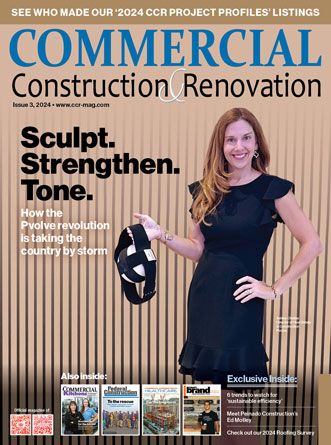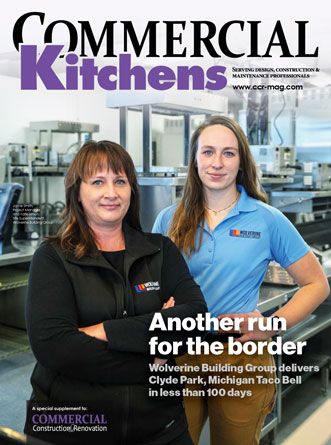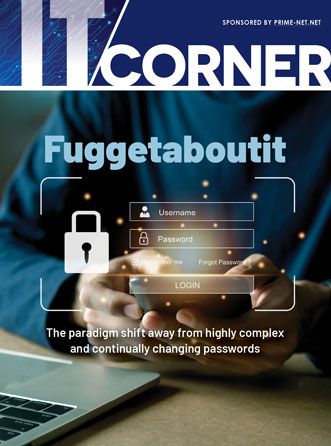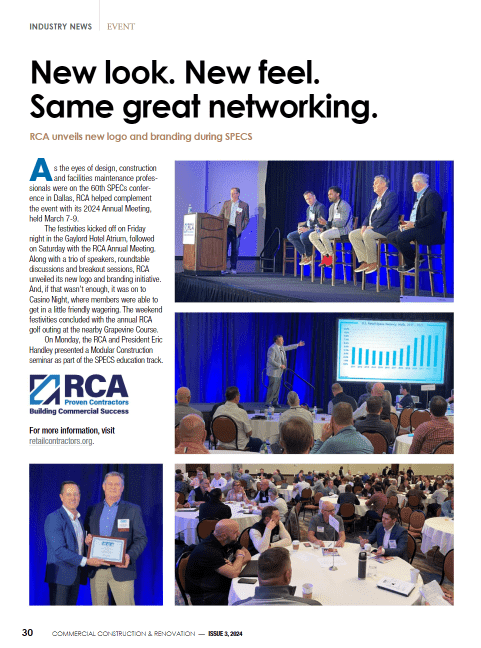 At the onset of the COVID-19 pandemic, some hotels pivoted to housing frontline healthcare workers, in a gesture of compassion that epitomized the hospitality business. But as the first wave of the virus ebbed, a stark reality emerged. Now, the hospitality sector is confronting a radically different future, as hotels—both new-build and renovation projects—will be redefined on all fronts, from development to design.
At the onset of the COVID-19 pandemic, some hotels pivoted to housing frontline healthcare workers, in a gesture of compassion that epitomized the hospitality business. But as the first wave of the virus ebbed, a stark reality emerged. Now, the hospitality sector is confronting a radically different future, as hotels—both new-build and renovation projects—will be redefined on all fronts, from development to design.
Impacted by the steep decline in travel and meetings and conferences, the business is facing a wholly different landscape. While America is in a recession, the hospitality sector is in a depression. In April 2020, the first full month of the epidemic, numerous properties were positioned to lose money by keeping their doors open. That led to more than 5,100 temporary closures around the country, and the loss of nearly four million industry jobs.
According to the American Hotel & Lodging Association (AHLA), the coronavirus outbreak has cost hotels in the United States more than $23 billion in room revenue since mid-February.
Redefining risk
As they begin to chart a path forward, hotels can find themselves caught in a web of conflict when it comes to accountability and compliance. Shifting risk and responsibilities between hotels, airlines and governments. For example, there is ongoing finger-pointing about which entity should administer temperature scans to travelers, which continues to contribute to the confusion.
It is clear that in the wake of COVID, the business model for hospitality projects is going to change.
Like many businesses, the lodging industry is grappling with the looming issue of liability, which is a two-way street. As properties open up, labor unions are seeking protection for members who are hotel workers, while operators are looking to minimize their exposure to potential lawsuits that might be brought by guests or employees who claim to contract the coronavirus while at the property.
By enacting and following reasonable safety precautions, visitors and hotels enter into a relationship of shared responsibility. Waivers releasing or limiting liability, especially for conferences and meetings, will likely become common.
The evolving business model
It is clear that in the wake of COVID, the business model for hospitality projects is going to change. Amenities will be limited: In-room minibars and coffee machines will be enhanced; service in bars and restaurants will be curtailed; gyms, spas and pools will have restricted access.
At the same time as perks—and profit margins—are trimmed, and properties prepare for a new operational reality (which must balance federal, state, and local laws and guidelines), they are making very public declarations about their cleanliness campaigns in an effort to assuage consumer anxiety. Rebuilding confidence will be a critical factor in the industry’s effort to coax customers to return.
Near continuous cleaning, whether performed by robots or human staff, will be conspicuous, and is often being developed in partnership with brand-name manufacturers of commercial cleaning products, such as Clorox or Lysol. Prominently posted social distancing guidelines, temperature scanning and disinfecting ultraviolet light sweeps will work in tandem with touchless, mobile-based check ins, keyless room entry and hands-free elevator activation.
Funding — A higher bar
For new projects, lenders are wary, making borrowing especially problematic for developers who are seeking outside funding. Developers who can show they have in-house funding or who are a cash owner have a stronger case to make to lenders. Financiers are going to want to ensure the owner can pay back a loan, a case that is hard to make without guests to ensure sufficient, steady revenue.
New starts located in primary markets with mixed-use density in close proximity will be the first to get financing. Any projects that do not already have financing or final entitlements already in place will likely be pushed 24-36 months out.
Existing properties also face difficulties. In particular, large luxury hotels that carry massive debt are most endangered, with corporate vultures already circling owners who cannot make their loan payments.
On an ongoing basis, hoteliers will be challenged to balance their interests with the cost of implementing the new safety protocols. As income from food and beverage service and meetings declines, the cost of enhanced housekeeping operations is rising. The upshot of this is that revenue per available room (RevPAR) is going to take a big hit, as consumers will balk at paying more money for a diminished guest experience.
According a revised forecast by STR, hotels are projected to report a 50.6% decline in RevPAR this year. With roughly six of 10 rooms on average empty, already wavering pricing confidence will push the average daily rate down to a six-year low of $112.92.
According to the American Hotel & Lodging Association (AHLA), the coronavirus outbreak has cost hotels in the United States more than $23 billion in room revenue since mid-February.
Business as unusual
As the pandemic forces a rethinking of hospitality from the ground up, hoteliers are exploring alternatives. Some large companies are investing in extended-stay hotels, hoping to attract returning business travelers with their in-unit, private cooking and dining features. Others are looking at converting some of their properties into office space. In Los Angeles, select properties are restructuring to offer residential condos within their buildings.
In Hawaii, where the industry is confronted with a recovery period that may extend up to three years, several designs are being explored to convert hotels into surge units for hospitals, coming full circle from when, at the beginning of the pandemic crisis, hotel rooms were occupied by doctors and nurses.
_________________________________________________________
Erin Kirihara, Senior VP of Rider Levett Bucknall, is based in the firm’s Honolulu office, where she directs all aspects of client relations, project oversight and strategic growth for the Hawaii region. Brian Lowder, Principal and Senior Project Manager, is based in the firm’s Los Angeles office. He has more than 30 years of experience managing new construction, renovations and expansion projects in the hospitality, education, residential and healthcare sectors.









 The 2024 virtual Men’s Round Table will be held Q4, 2024, date TBD.
The 2024 virtual Men’s Round Table will be held Q4, 2024, date TBD.











